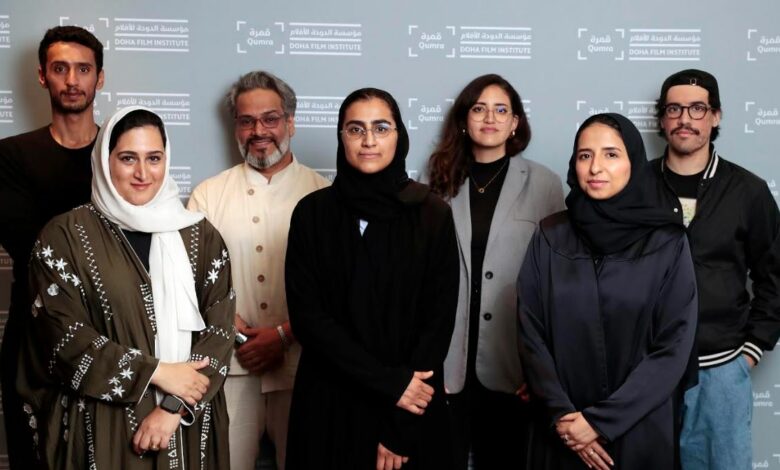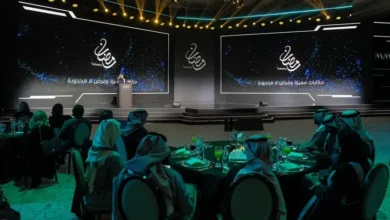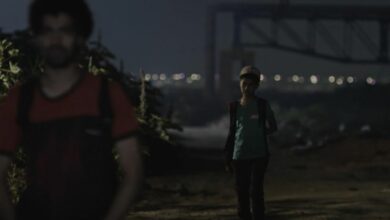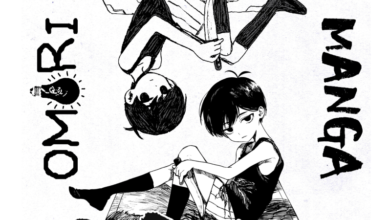Qatar’s Filmmakers say Doha Film Institute Enables Them to Find Their Cinematic Voice

Doha, Qatar; March 5, 2024: Homegrown filmmakers whose projects have been selected for mentoring at the tenth edition of Qumra, the annual talent incubator event by the Doha Film Institute, said the support and guidance they receive at the event has been invaluable in finding their own unique cinematic voice and realising their creative aspirations.
This year, 13 projects from Qatar are part of Qumra, including 11 by nationals. They receive guidance from this year’s luminaries in world cinema – Qumra Masters Toni Colette, Leos Carax, Claire Denis, Atom Egoyan, Martín Hernández, and Jim Sheridan – as well as over 200 international industry professionals. The nurturing covers every aspect of filmmaking – from scripting to production, post-production and marketing.
Amal Al Muftah, Director of ‘Before the Day Breaks’ (Qatar), said: “I think the challenge we face as Qatari filmmakers is to find our voice. Being a part of DFI allowed us to mature and have a collective voice. Cinema, for me, is about both being selfish in wanting to tell your own story and selfless in wanting people to feel the emotions you are interpreting.” Her short film is about Nour, a young truck driver who encounters an obstacle while delivering an urgent, unusual shipment to Qatar.
Theatre of Dreams (Qatar) is a short documentary by Fatma Al-Ghanim about the courage and hidden sacrifices of the first Qatar Women’s National Football Team that also explores themes of identity and belonging. It provides a nuanced insight into the unique challenges faced by Qatari women in sports.
In discussing the film’s journey, Fatma said, “Doha Film Institute’s Short Doc Lab with Rithy Panh, the backing of DFI’s Qatari Film Fund and the feedback from industry experts at Qumra all supported the process of diving into exploring an unconventional thematic approach to a character driven sports documentary. The freedom I found and the trust I developed with collaborators during this process ultimately helped me to create and embrace a cinematic voice that’s authentic to me as filmmaker and is true to the story.”
Kummam Al Maadeed and Abeer Al Kubaisi introduced their short film Becoming a Vampire (Qatar). It is about a Qatari girl Sara who struggles with her draining corporate job and the social pressure from her mother. When a vampire bites her, she finds an opportunity to reclaim her autonomy. Kumam is a Qumra alumni who leverages the platform to develop her skills and listens to the advice of mentors and masters. “We are tackling a story of our community. There weren’t any restrictions or obligations on the theme, and we were able to script a universal story because DFI supported us to share more accurate realities of life as a woman in Qatar.”
Ali Al Hajiri, director of I Lay to Wait for You to Sleep (Qatar) said his film is about grief and mourning. “It was my way to connect with myself and reconcile with my grief through moving images after the years I had spent suppressing my emotions.” On the support from DFI and Qumra in particular, he said: “DFI offers a safe, supportive space to connect with other filmmakers and get peer support.”
In his project I Wished for Solitude (Qatar), Hamad Alfayhani portrays an emotional story about a young man who struggles with the news that he is losing his face. When his mother gives him a mask, he feels isolated. “My story is about how people feel when they are subjected to problems or pain they can’t control. We see how they feel, suffer and face the world.” His participation in DFI’s Documentary film lab with Rithy Panh, equipped him with skills and capabilities to convey his stories through cinema. “Qumra is such a fantastic space where we learn a lot from real industry professionals. Here we widen our horizons and learn to deal with the stories in a different way”.
Adnan Nassari has a shocking personal story what he wants to tell the world through his silent film, which is a message against geographical barriers. His project Autumn (Qatar, Iran) along with Aisha Al Jaidah is a romantic tragedy of the captivity of ambitious thoughts under short roofs. “These ideas are related to my own emotions, story and sufferings. I believe films should reflect human issues. My film follows three main characters who will tell their stories in a silent way.”
The Myth of Mahmoud (Palestine, USA, Lebanon, Kenya, Yemen, Jordan, Qatar) by Mayar Hamdan and Shaima Al Tamimi captures a Palestinian family who made Doha their home 60 years ago, once again grappling with the dilemma of moving or fighting to remain. The filmmakers said: “Our film talks about a Palestinian family – our family – so it is a way for us to process emotions and dissect generational trauma. And we are trying to tell the facts creatively.” They appreciate DFI’s support on all aspects of making a film – creative, technical and financial.










